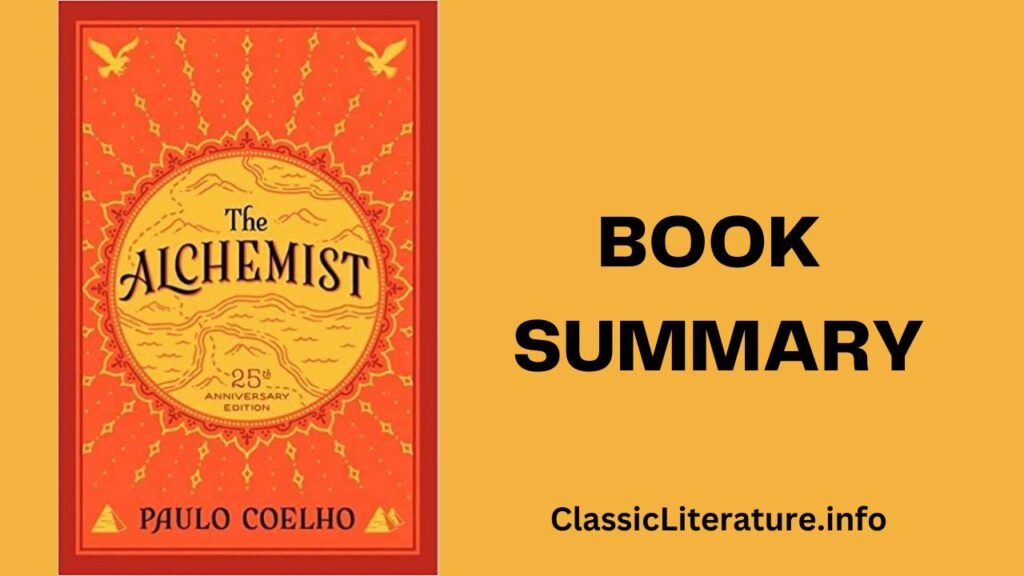
“Middlemarch” by George Eliot is a sweeping Victorian novel that delves into the lives and aspirations of its characters in the fictional English town of Middlemarch. It is a remarkable work that weaves together multiple storylines, offering a panoramic view of society, human nature, and the complexities of relationships.
The novel follows the journeys of several interconnected characters, each with their own ambitions and struggles. Dorothea Brooke, an intelligent and idealistic young woman, longs for a meaningful purpose in life. She marries the much older Reverend Edward Casaubon, hoping to assist him in his scholarly pursuits, but soon finds herself disillusioned and trapped in an unfulfilling marriage.
Meanwhile, Tertius Lydgate, a passionate and ambitious young doctor, arrives in Middlemarch with aspirations to bring about medical reform. He falls in love with Rosamond Vincy, a beautiful but shallow woman, and their relationship becomes a source of both joy and strife as Lydgate grapples with the pressures of his career and Rosamond’s materialistic expectations.
The novel also delves into the lives of other memorable characters, including Fred Vincy, Rosamond’s brother, who struggles with financial difficulties and unrequited love, and Mary Garth, a kind-hearted and sensible young woman who becomes a source of stability for those around her.
Throughout “Middlemarch,” George Eliot explores timeless themes such as ambition, marriage, morality, and the complexities of human nature. The novel is a masterful examination of the human condition, offering profound insights into the struggles, hopes, and desires that shape individuals and society.
Eliot’s writing style in “Middlemarch” is characterized by its depth, introspection, and richly detailed descriptions. Her prose is elegant and nuanced, reflecting the inner thoughts and emotions of her characters. She delves into the psychology of her characters with precision and presents a vivid portrayal of Victorian society, capturing its social hierarchies, prejudices, and moral dilemmas.
One of the remarkable aspects of Eliot’s writing is her ability to create fully realized and complex characters. Each character in “Middlemarch” is multifaceted, with their own flaws, virtues, and internal struggles. Eliot’s nuanced exploration of their inner lives adds depth and authenticity to the narrative, making the characters relatable and engrossing.
Here are some notable quotes from “Middlemarch” by George Eliot:
- “It is always fatal to have music or poetry interrupted.” – Dorothea Brooke
- “But what we call our despair is often only the painful eagerness of unfed hope.” – Rosamond Vincy
- “If we had a keen vision and feeling of all ordinary human life, it would be like hearing the grass grow and the squirrel’s heart beat, and we should die of that roar which lies on the other side of silence.” – George Eliot
- “I have seen what it is to part with the vision and the hope of years. The beginning of the end.” – Will Ladislaw
- “We mortals, men and women, devour many a disappointment between breakfast and dinner-time.” – George Eliot
These quotes capture the emotional depth and introspection present throughout the novel. They offer glimpses into the characters’ struggles, desires, and observations about life. George Eliot’s prose is poignant and thought-provoking, providing readers with profound insights into the human condition.
The inclusion of these quotes further enhances the reading experience, allowing readers to appreciate Eliot’s skillful portrayal of emotions and her ability to craft memorable and relatable characters.
Get Paperback or Kindle version of the book <–
“Middlemarch” is a must-read for its timeless exploration of human nature, insightful social commentary, and masterful storytelling. George Eliot’s portrayal of complex characters and their inner lives captures the essence of human experience, inviting readers to reflect on their own hopes, dreams, and moral dilemmas.
The novel’s examination of love, ambition, and societal expectations resonates across time, offering profound insights into the human condition. Eliot’s eloquent prose and meticulous attention to detail create a vivid and immersive world that transports readers to 19th-century England. Through its nuanced exploration of relationships, personal growth, and the pursuit of purpose, “Middlemarch” offers a profound and thought-provoking reading experience that continues to captivate and inspire readers today.
Now, let’s explore what real readers have to say about “Middlemarch.” Here are some reviews:
- Reviewer A: “George Eliot’s ‘Middlemarch’ is a literary masterpiece that captivates with its richly drawn characters and profound insights into human nature. The novel’s exploration of ambition, love, and societal expectations resonates even in the modern era. It’s a must-read for anyone who appreciates complex character development and thought-provoking storytelling.”
- Reviewer B: “I found ‘Middlemarch’ to be a challenging but rewarding read. Eliot’s writing style is dense and requires patience, but it allows for a deep immersion in the world she creates. The characters are incredibly well-drawn, and their struggles and triumphs feel remarkably real. It’s a novel that offers a profound exploration of the human experience.”
- Reviewer C: “Eliot’s ‘Middlemarch’ is a timeless classic that captures the intricacies of Victorian society and the human heart. The novel is beautifully written, and the characters are so vividly portrayed that they stay with you long after you’ve finished reading. It’s a book that rewards careful attention and reflection.”
In conclusion, “Middlemarch” by George Eliot is a compelling and thought-provoking novel that delves into the complexities of human nature and society. With its richly drawn characters, insightful exploration of themes, and elegant prose, it is a must-read for lovers of classic literature. While it may require patience and concentration, the rewards of delving into Eliot’s world are immeasurable. “Middlemarch” appeals to readers who appreciate introspective storytelling, social commentary, and profound character development.
ABOUT THE AUTHOR
George Eliot, born Mary Ann Evans on November 22, 1819, was an English novelist and one of the leading writers of the Victorian era. Known for her insightful and realistic portrayals of human nature, she adopted the pen name George Eliot to ensure her works would be taken seriously in a male-dominated literary world. In addition to “Middlemarch,” her notable works include “The Mill on the Floss” and “Silas Marner.” Eliot’s writing continues to be celebrated for its depth, moral complexity, and keen observation of society. Her contributions to literature have solidified her place as one of the most influential novelists of her time. George Eliot passed away on December 22, 1880, leaving behind a remarkable literary legacy.





